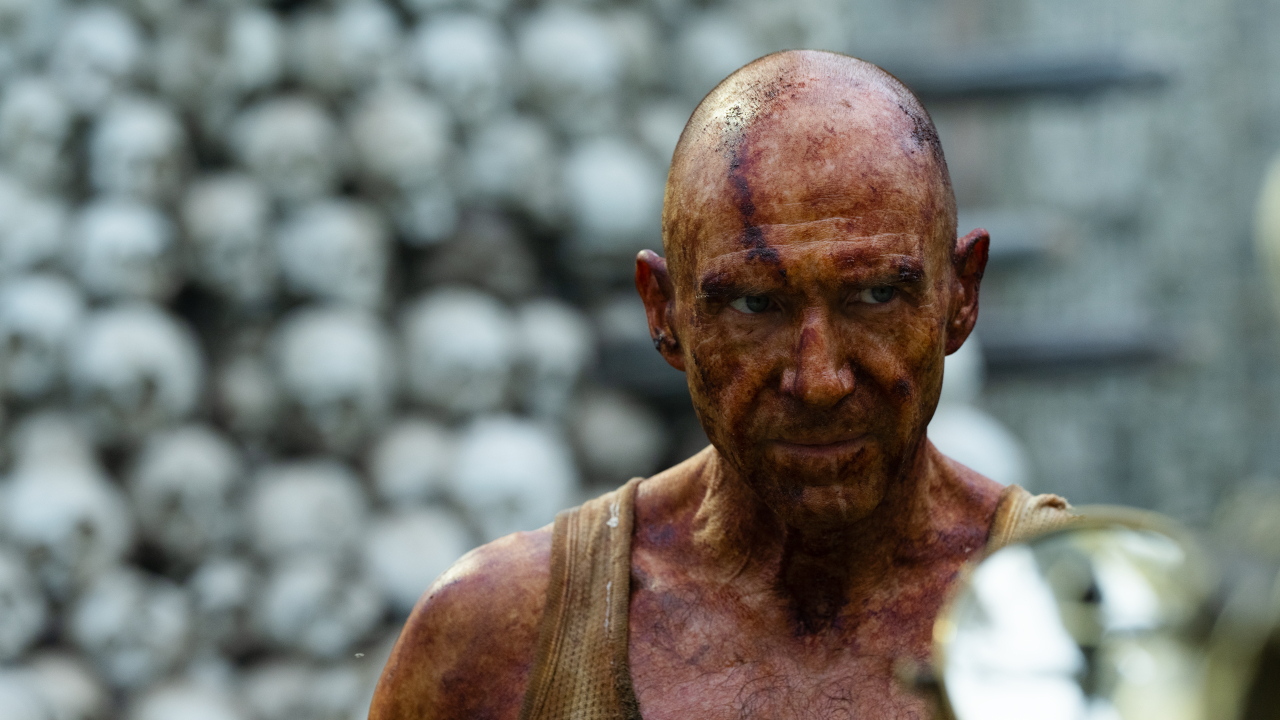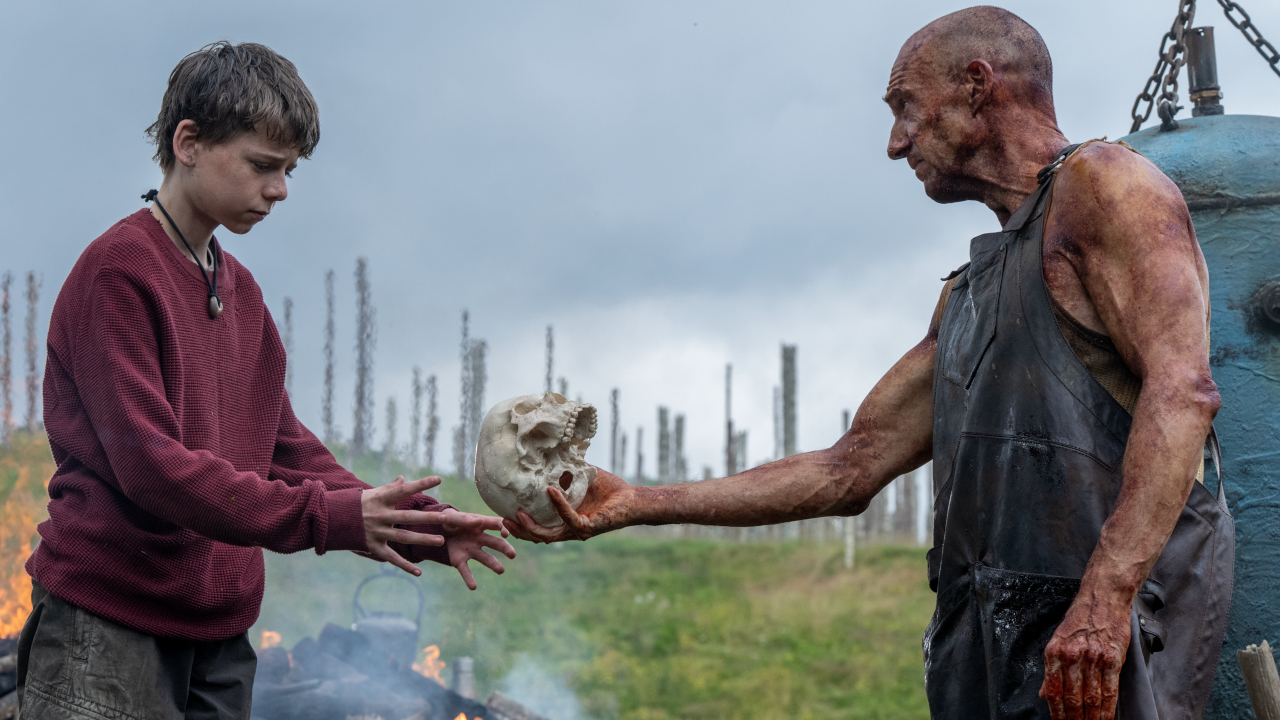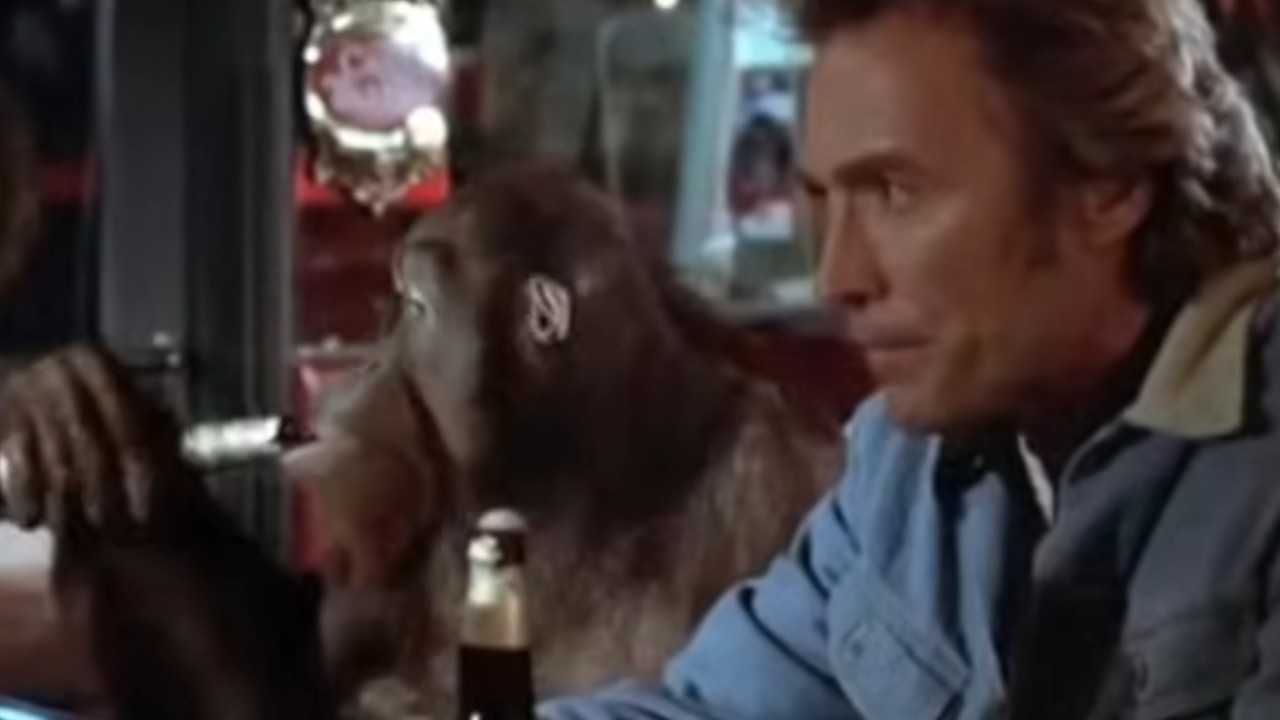Can We Talk About Ralph Fiennes' Character In 28 Years Later? Because I Genuinely Didn't Know What To Expect Going In
Spoilers!

Your Daily Blend of Entertainment News
You are now subscribed
Your newsletter sign-up was successful
SPOILER WARNING: The following article contains major spoilers for 28 Years Later. If you have not yet seen the film, proceed at your own risk!
There is an oxymoronic quality to the acting profession. The best in the world are able to transform themselves in front of our eyes and become wholly different people… but the best in the world also become some of the most recognizable people on the planet – making it all the harder for them to be convincing in their performances. Brilliant as Brad Pitt, Meryl Streep, Jake Gyllenhaal and Emma Stone are, there is always a certain picture of them that one keeps at the back of their mind while watching them work.
If an actor isn’t going to play the same kind of part for their entire career (and some of them do), but best antidote to this catch-22 is for them to constantly expand their range and never give people something they are expecting. Ralph Fiennes is easily one of the best modern examples of this: last year, he earned overwhelming acclaim for playing the moral center at the drama of Conclave, and there is no point watching his turn when you are thinking about SS officer Amon Göth from Schindler's List or Lord Voldemort in the Harry Potter movies.
Fiennes' exceptional skills alone make any film better, but during and after watching Danny Boyle’s 28 Years Later, I have come to recognize a special way that the new horror feature utilized his talents. An air of mystery is maintained around him for the vast majority of the movie’s runtime, and it’s incredibly effective because I truly didn’t know what to expect. Would the story see him in full psychotic/villain mode, or would he present as warm and kind? With Fiennes in the part, I had no firm notion of what was coming, and that had its own part in upping the stakes in the narrative.

In 28 Years Later, protagonist Spike (Alfie Williams) sees a fire in the distance when he goes out on his first hunt, and he is told by his father Jamie (Aaron Taylor-Johnson) that it is the homestead of Kelson (Fiennes) – a mad doctor whom Jamie once spotted collecting dozens of dead bodies. Despite learning about this scary reputation, Spike feels that Kelson is the only hope for his sick mother, Isla (Jodie Comer), and he journeys with her to find him.
Jamie doesn’t exactly present as the most reliable source of information (one of the character’s most prominent scenes features him lying about Spike’s accomplishments during his first hunt)… but I had also seen the brilliant trailers for 28 Years Later prior to my screening, and I knew to expect Kelson covered in some kind of dark goo and wearing ragged clothing while living in a temple constructed from human bones. Most importantly of all, though, I knew that Ralph Fiennes could be equally successful playing an empathetic doctor or a violent psycho, and that provided a special dose of curiosity to my watching experience as the young hero got closer to his destination.
Of course, when Spike and Ilsa do finally make it to the doctor, they and we understand that Jamie was indeed wrong – and the performance by Ralph Fiennes is simply phenomenal. He may look scary, but that’s only because he has covered his skin in iodine, which he has come to understand via scientific observation repels individuals infected with the Rage Virus. And as for his temple of bones, it’s not the work of a savage; on the contrary, it’s his way of attempting to honor the dead. Even in chaotic times, Kelson understands the immortal importance of care, knowledge, and empathy, and delivered with Fiennes’ spectacular charisma, presence, and dramatic depth, it’s awesome and powerful.
Your Daily Blend of Entertainment News
There is no shortage of great performances in 28 Years Later (up to and including the surprise appearance by Jack O’Connell in the film’s final scene), but both the casting of and work by Ralph Fiennes deserve to be highlighted independently – contributing in a big way to make a great movie even greater.

Eric Eisenberg is the Assistant Managing Editor at CinemaBlend. After graduating Boston University and earning a bachelor’s degree in journalism, he took a part-time job as a staff writer for CinemaBlend, and after six months was offered the opportunity to move to Los Angeles and take on a newly created West Coast Editor position. Over a decade later, he's continuing to advance his interests and expertise. In addition to conducting filmmaker interviews and contributing to the news and feature content of the site, Eric also oversees the Movie Reviews section, writes the the weekend box office report (published Sundays), and is the site's resident Stephen King expert. He has two King-related columns.
You must confirm your public display name before commenting
Please logout and then login again, you will then be prompted to enter your display name.
